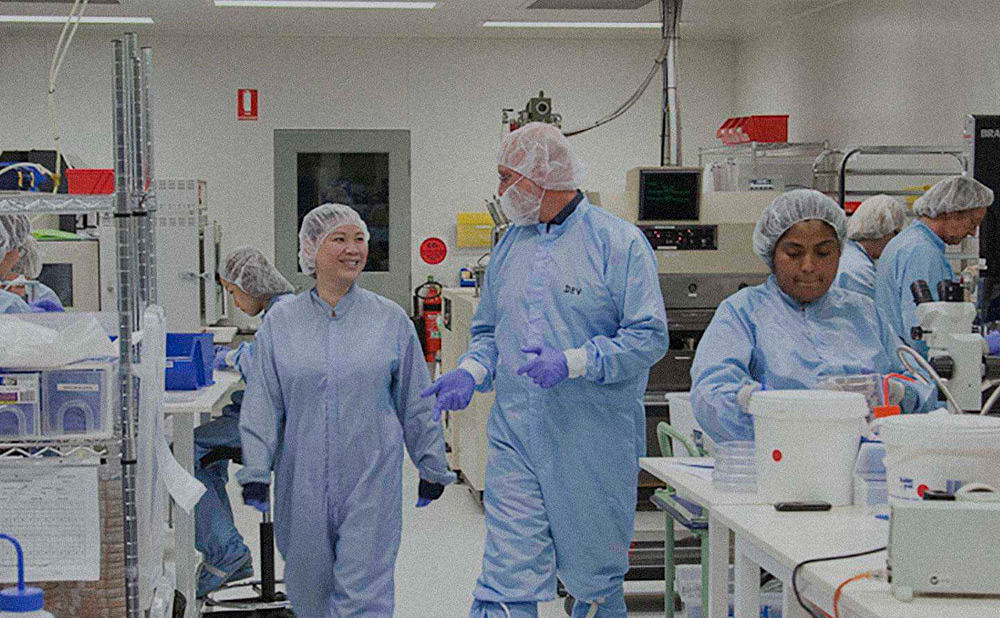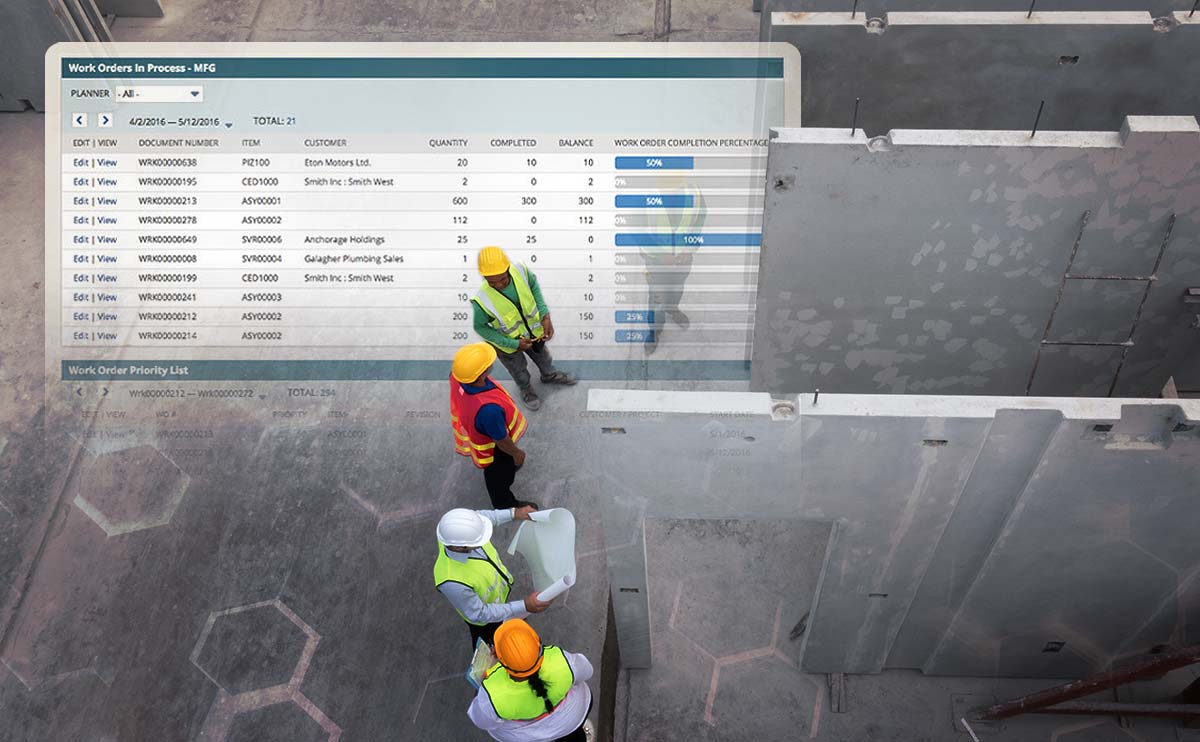Digital disruption is well and truly underway in the medical device distribution industry, and businesses must reinvent themselves as digital companies to stay ahead and relevant in this ever-evolving market.
New digital tools and technologies on the market are disrupting the usual product-and-service development processes, customer interactions, delivery management, back-office operations and supplier relationships.
Many medical device distribution companies are focusing on new technology to overcome challenges and improve customer relations, minimise costs, streamline operations and better manage changing industry regulations.
We’ve compiled four steps to successful digital transformation in medical device distribution.
1. Identify and Prioritise Critical Value Sources
Firstly, businesses determine where they provide value to customers and clarify how the use of digital technologies can enable these activities.
Following this, distributors then need to decide how best to adjust investments in digital technologies and development approaches to meet the highest priorities.
In Australia, the Medical and Scientific Equipment Wholesaling industry has performed well over the past five years, the industry revenue is expected to increase 3.6% annually in the end of 2018-19, to reach $17.6 billion. IBIS World indicates that the most important key success factors for the industry are:
- Having favourable contracts.
- An extensive distribution network.
- Offering a broad range of payment options.
%
Australia’s medical devices are small to medium sized enterprises.
%
Have grown from Australian start-ups.
%
Were established as a subsidiary of a multinational company.
%
Per cent of the global market (US$342.8 billion) is in the Asia Pacific region.
2. Build Service-Delivery Offerings
Medical device distributors are increasingly building and increasing their offerings to expand on their product portfolio and services.
Companies are taking the time to understand user needs in full detail, using real-time insights to re-imagine workflows as complete activities to automate processes and personalise outcomes.
For example, real-time supply chain insights could help medical device distributors reduce general and admin costs, while improving customer service.
3. Modernise Business Foundations
When digital priorities have been identified, the next step for medical device distributors is to examine their IT foundations and ask the important question: is your system fully capable of supporting required activities?
Complex legacy systems are often the turning point in companies choosing to go digital. While these systems may have been suitable years ago, nowadays they’re often fragmented, slow and unable to offer transparency in business operations.
To support strategic priorities and agile development approaches, businesses seek to modernise their IT Systems to build a solid, reliable and flexible platform for quick and easy access to a “single source of truth”.
4. Strengthen Core Capabilities
Transformations require strong core competencies in several areas of the business.
The winners are those who move quickly to initiate change and embrace new developments and operating models, relying on real-time data driven insights to make crucial business decisions.
It’s the medical device distributors who are reinventing themselves as digital enterprises; adapting and collaborating, and most importantly, keeping up with changes in the industry.
Need a specialist’s free advice?
Feel free to call an expert in Distribution Enterprise Resource Planning Systems today. Find out how cloud-based technology can modernise your wholesale distribution business.





